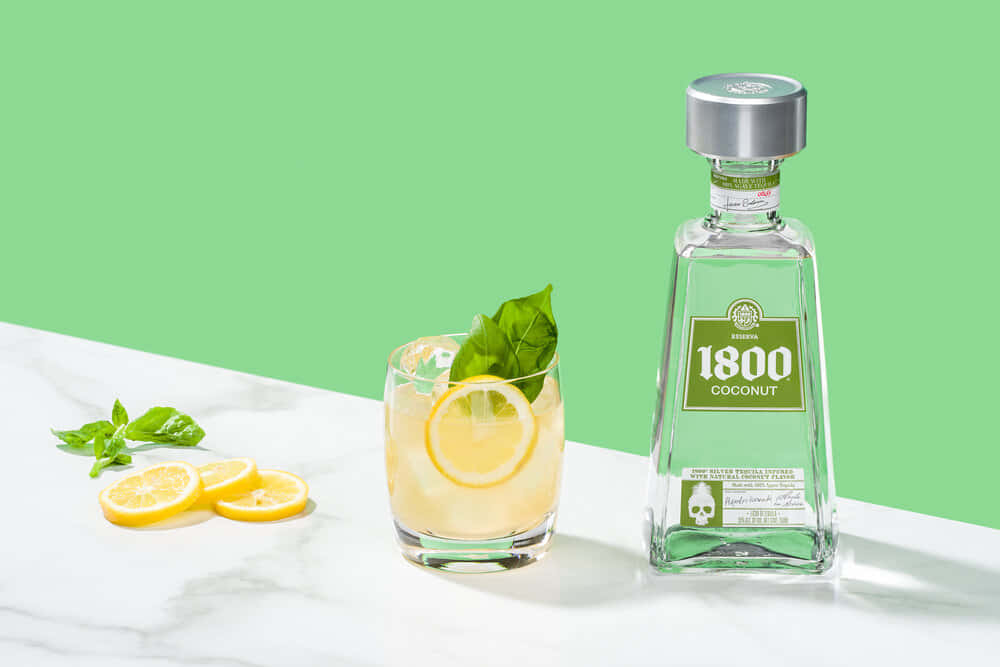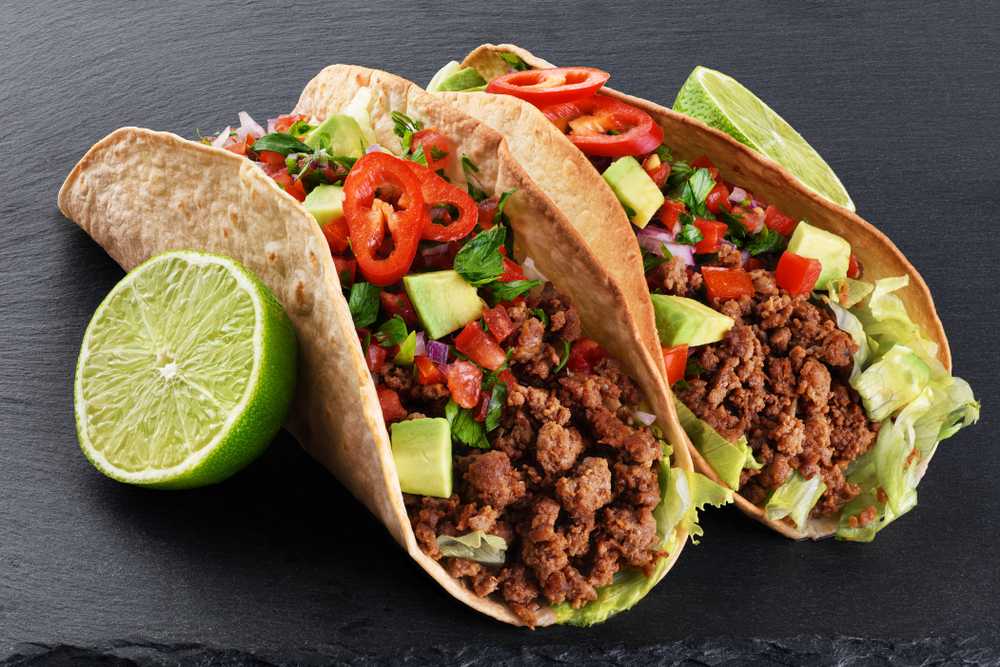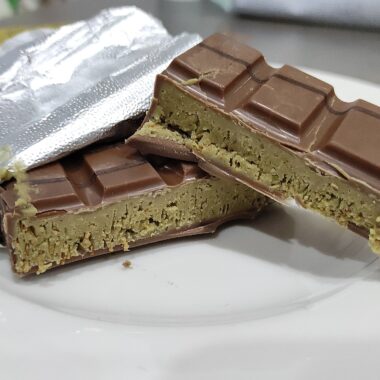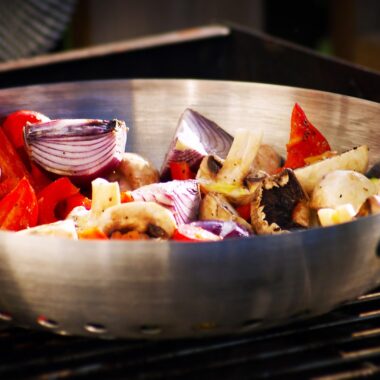The Mediterranean diet is widely regarded as one of the healthiest eating patterns in the world, and at the heart of this diet is olive oil. This golden liquid is more than just a cooking staple; it’s a nutritional powerhouse rich in healthy fats, antioxidants, and anti-inflammatory properties. Choosing the best olive oil for the Mediterranean diet is crucial for maximizing health benefits, enhancing flavors, and ensuring high-quality consumption.
But with so many options available—extra virgin, virgin, pure, cold-pressed, first press, and light olive oil—how do you know which one to pick? This comprehensive guide explores the best olive oils for the Mediterranean diet, what to look for when buying, and how to use them effectively.
Why Olive Oil Is Essential in the Mediterranean Diet
The Mediterranean diet is based on the traditional eating habits of countries bordering the Mediterranean Sea, such as Greece, Italy, and Spain. It emphasizes whole foods, fresh vegetables, fruits, nuts, seeds, fish, and, most importantly, olive oil as the primary fat source.
Health Benefits of Olive Oil in the Mediterranean Diet
- Heart Health – Rich in monounsaturated fats (MUFAs), olive oil helps lower bad cholesterol (LDL) and increase good cholesterol (HDL).
- Anti-Inflammatory Properties – High in polyphenols, olive oil reduces inflammation, lowering the risk of chronic diseases like heart disease, arthritis, and cancer.
- Brain Function – Olive oil’s antioxidants may help protect against cognitive decline and reduce the risk of neurodegenerative diseases like Alzheimer’s.
- Weight Management – Despite being a fat, olive oil helps with satiety and can support healthy weight loss.
- Digestive Health – It promotes gut health by reducing inflammation and acting as a natural laxative for better digestion.
Types of Olive Oil and Their Role in the Mediterranean Diet
Not all olive oils are the same. Some are high in nutrients, while others lose their health benefits due to processing. Understanding the different types of olive oil helps you make an informed choice.
1. Extra Virgin Olive Oil (EVOO) – The Best Choice
- Best for: Drizzling over salads, dips, bread, and low-heat cooking.
- Nutrient Profile: High in antioxidants, polyphenols, and heart-healthy fats.
- Processing: Cold-pressed, unrefined, and purest form.
Extra virgin olive oil is the best olive oil for the Mediterranean diet because it retains the most nutrients. Look for bottles labeled “cold-pressed” and “unfiltered” for the highest quality.
2. Virgin Olive Oil
- Best for: Cooking at moderate temperatures.
- Nutrient Profile: Still contains antioxidants but slightly less than EVOO.
- Processing: Slightly refined but still a good option.
Virgin olive oil is a decent alternative if EVOO isn’t available, though it has a milder flavor and slightly lower nutrient content.
3. Pure or Light Olive Oil
- Best for: High-heat cooking, frying, or baking.
- Nutrient Profile: Lower in antioxidants and polyphenols.
- Processing: Heavily refined and mixed with other oils.
These oils are less recommended for the Mediterranean diet because they lack many of the health benefits found in extra virgin and virgin olive oils.
How to Choose the Best Olive Oil for the Mediterranean Diet
When buying olive oil, look for quality, purity, and freshness to ensure you get the most nutrients.
1. Look for Extra Virgin Olive Oil (EVOO)
Always choose extra virgin over other types since it contains the highest concentration of healthy fats and antioxidants.
2. Check for Certifications
Opt for oils with PDO (Protected Designation of Origin) or PGI (Protected Geographical Indication) labels, which indicate authenticity.
3. Go for Cold-Pressed and Unfiltered
Cold-pressed oils retain more polyphenols, making them healthier.
4. Choose Dark Glass Bottles
Light and heat can degrade the oil’s quality, so always go for dark bottles over clear ones.
5. Check the Harvest Date
Fresher olive oil means higher nutrient content. Look for oils with a harvest date within the last 12 months.
The Best Olive Oils for the Mediterranean Diet
Now that we know what to look for, let’s explore some of the best olive oil brands for a Mediterranean diet.
1. California Olive Ranch Extra Virgin Olive Oil
- Why it’s great: Cold-pressed, fresh, and widely available.
- Best for: Salad dressings, drizzling, and light cooking.
2. Kirkland Signature Organic Extra Virgin Olive Oil
- Why it’s great: High-quality yet affordable.
- Best for: Everyday use in salads, dips, and roasting.
3. Partanna Extra Virgin Olive Oil (Sicilian)
- Why it’s great: Unfiltered with a robust, fruity flavor.
- Best for: Dipping, finishing dishes, and enhancing Mediterranean flavors.
4. Colavita Premium Extra Virgin Olive Oil
- Why it’s great: Italian-origin and cold-pressed.
- Best for: Pasta dishes, sautéing, and marinades.
5. O-Live & Co. Organic Extra Virgin Olive Oil
- Why it’s great: Low acidity, rich in antioxidants.
- Best for: Daily cooking and baking.
How to Use Olive Oil in the Mediterranean Diet
Olive oil isn’t just for cooking—it’s an essential part of daily Mediterranean cuisine.
1. Drizzle Over Vegetables
Enhance the natural flavors of roasted or grilled vegetables with a touch of EVOO.
2. Use in Salad Dressings
Mix olive oil with lemon juice, balsamic vinegar, or herbs for a healthy dressing.
3. Dip Bread Instead of Butter
Swap butter with olive oil and balsamic vinegar for a Mediterranean-style appetizer.
4. Cook With It (Low to Medium Heat)
While EVOO isn’t great for frying, it’s perfect for sautéing at medium heat.
5. Add to Soups and Pasta
A small drizzle of EVOO over soups or pasta enhances both flavor and nutrition.
Common Myths About Olive Oil
1. “You Can’t Cook With Extra Virgin Olive Oil”
✅ Myth! You can cook with EVOO at moderate temperatures. It has a smoke point of around 375°F (190°C), making it safe for sautéing and roasting.
2. “The Best Olive Oil is from Italy”
✅ While Italy produces excellent olive oil, Spain, Greece, and California also have some of the world’s best.
3. “Olive Oil Lasts Forever”
❌ No, olive oil has a shelf life of 18 to 24 months. Always check the harvest date for freshness.
Conclusion
The Mediterranean diet wouldn’t be the same without high-quality olive oil, and extra virgin olive oil (EVOO) is the best choice for health benefits, flavor, and authenticity. Whether you use it for salads, dipping, or cooking, always opt for cold-pressed, unfiltered, and dark-bottled varieties for the highest quality.
Final Tips:
✔ Choose extra virgin olive oil over other types.
✔ Look for dark glass bottles and recent harvest dates.
✔ Use olive oil daily in dressings, cooking, and finishing dishes.
✔ Store it in a cool, dark place to preserve freshness.
By selecting the right olive oil, you’ll not only enhance your meals but also reap the incredible health benefits of the Mediterranean diet.
References
To ensure accuracy and credibility, the following sources were consulted in compiling this guide to the best olive oil for the Mediterranean diet:
- Harvard T.H. Chan School of Public Health – “The Mediterranean Diet: An Evidence-Based Approach”
- Source: https://www.hsph.harvard.edu/nutritionsource/healthy-weight/diet-reviews/mediterranean-diet/
- Overview of the health benefits of the Mediterranean diet and the role of olive oil.
- Mayo Clinic – “Why the Mediterranean Diet Is Good for You”
- Source: https://www.mayoclinic.org/healthy-lifestyle/nutrition-and-healthy-eating/in-depth/mediterranean-diet/art-20047795
- Discusses the benefits of olive oil, particularly extra virgin olive oil (EVOO).
- International Olive Council (IOC) – “Grades and Standards for Olive Oil”
- Source: https://www.internationaloliveoil.org/
- Official classification of extra virgin, virgin, and refined olive oil.
- National Institutes of Health (NIH) – “Olive Oil and Health: A Review of Current Research”
- Source: https://pubmed.ncbi.nlm.nih.gov/
- Reviews clinical studies on the health benefits of olive oil consumption.
- American Heart Association (AHA) – “Healthy Fats in the Diet”
- Source: https://www.heart.org/en/healthy-living/healthy-eating/eat-smart/fats/healthy-cooking-oils
- Insights into how olive oil improves heart health and cholesterol levels.
- European Journal of Clinical Nutrition – “Olive Oil and Chronic Disease Prevention”
- Source: https://www.nature.com/ejcn/
- Discusses the impact of polyphenols and antioxidants in olive oil.
- California Olive Oil Council (COOC) – “What to Look for in Quality Olive Oil”
- Source: https://www.cooc.com/
- Tips on identifying authentic, high-quality olive oil.
- U.S. Department of Agriculture (USDA) – “Nutritional Information of Olive Oil”
- Source: https://fdc.nal.usda.gov/
- Provides an analysis of olive oil’s macronutrient and micronutrient profile.
- European Food Safety Authority (EFSA) – “Health Claims on Olive Oil Polyphenols”
- Source: https://www.efsa.europa.eu/
- Scientific review of the health claims surrounding olive oil polyphenols.
- World Health Organization (WHO) – “Diet and Cardiovascular Disease Prevention”
- Source: https://www.who.int/
- Reports on the Mediterranean diet and its role in preventing heart disease.
These references provide a well-rounded, evidence-based foundation for understanding why olive oil is a staple of the Mediterranean diet and how to choose the best one for maximum health benefits.


















